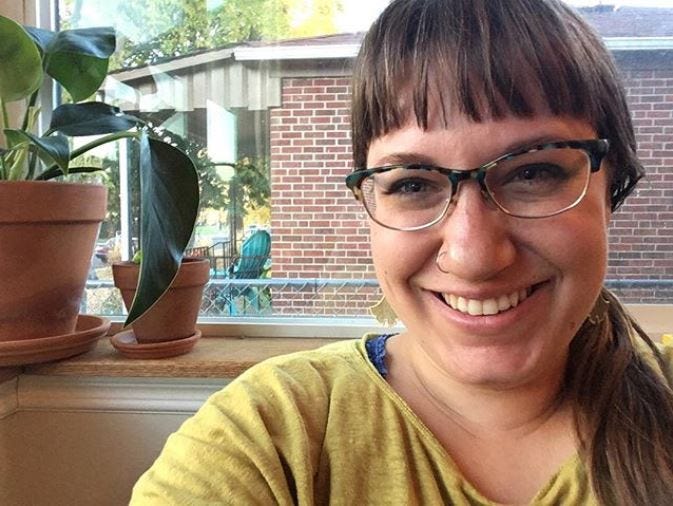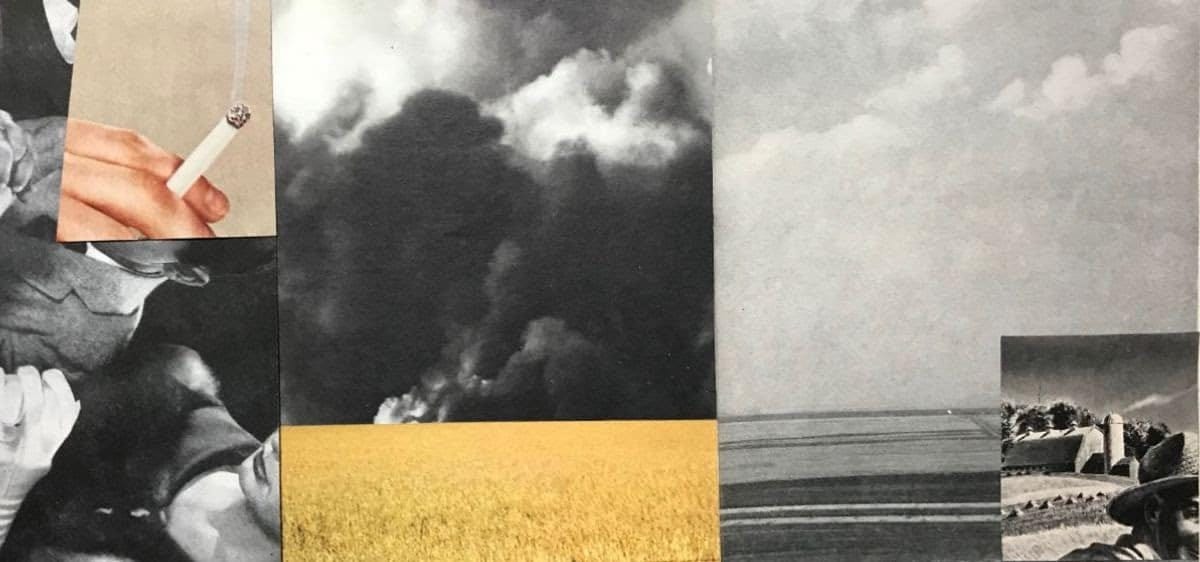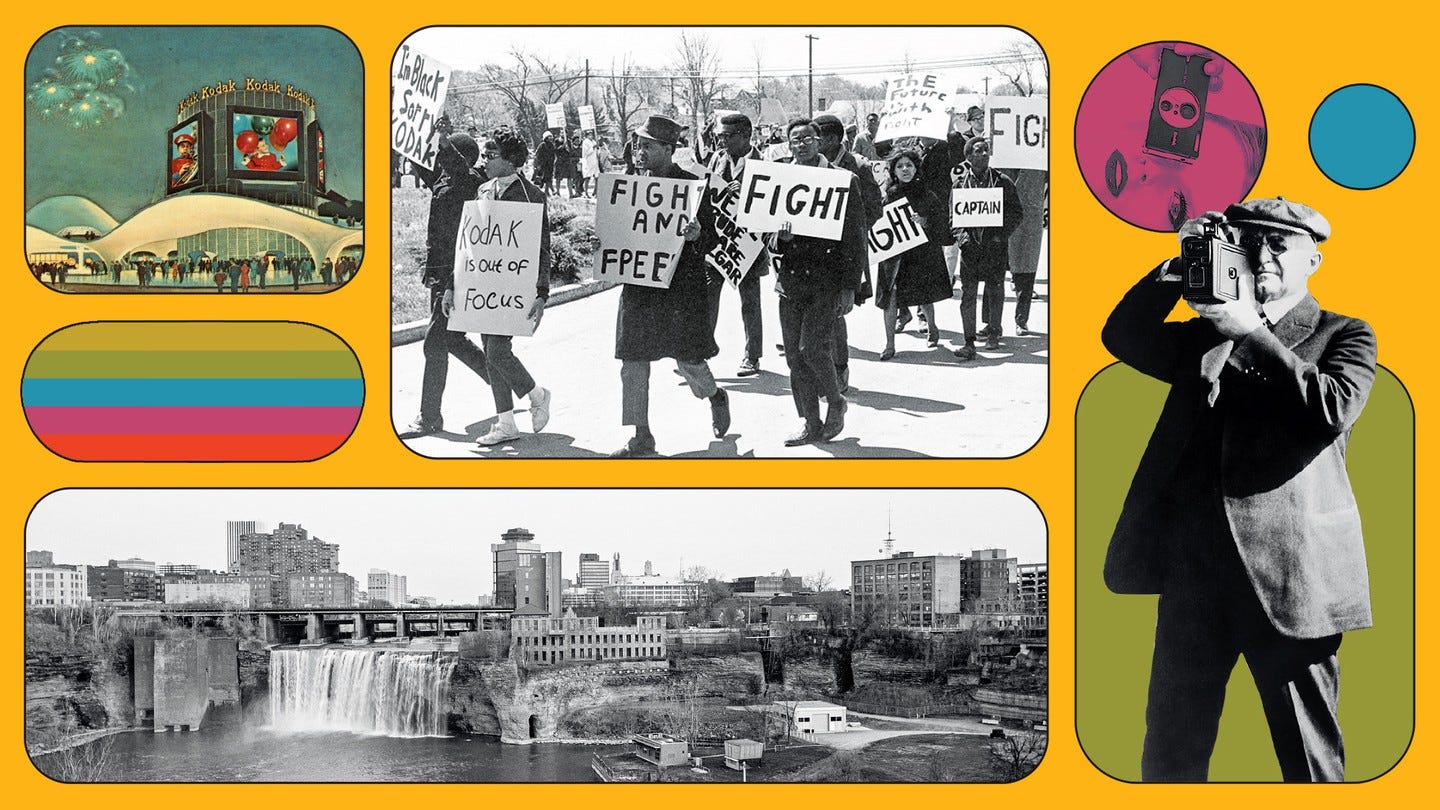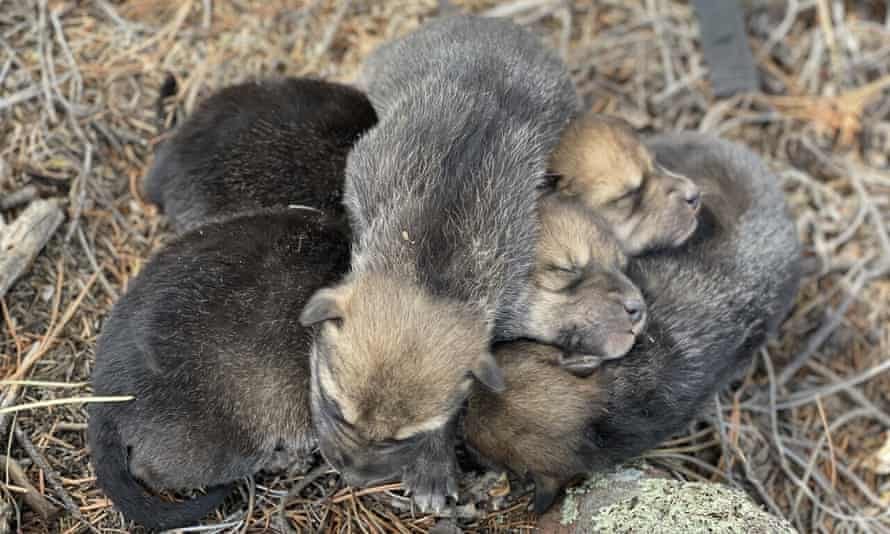the Empathy List #66: Juneteenth & Talking to my Kids About America's Cardinal Sin
What the Evangelical Church Never Taught Me, Part 6
If this email was forwarded to you…
If these words bring refreshment…
If you have thoughts to add…
Hey friend, Liz here.
I grew up as a child of the color blind, in the supposed “post racial” America, where teasing white kids could bully the single black kid at my east coast Christian school by calling him “oreo” and expect (rightly) to escape without any consequences. :-(
My childhood and teenage years were lived mostly in a bubble of whiteness—despite time spent abroad in my late high school years—traversing a flattened culture that made assimilation to itself the only meaningful value. What was “white”? White was American, white was right.
Yet as an adult, all three houses we’ve owned out here in Colorado have placed me alongside black and brown neighbors—not because of some moral superiority on my part, but because my husband and I have never vaulted across the middle class finish line (no brimming retirement accounts or yacht here!). Our budget has only ever allowed us the chance to purchase homes at the edges of communities, often in districts which were historically redlined. Another way of saying it: we’re perpetual gentrifiers, not by choice but by necessity.
My kids are entering second and third grades. They’ve attended our tiny neighborhood school since they were each three-years-old, and the statistics of their school almost breaks neatly into thirds: black, white, Latinx. Neither of my kids are in the ethnic majority within their classrooms, and they’ve had the chance to bond with several black and brown authority figures.
Which means they not only know and love peers and teachers and parents of color, but they see their parents (me and Jeremy) interacting 5x week with those who don’t share our exact same beliefs or culture.
I recognize that the fears that tempt many Christian (white) families when we consider: 1) public education, 2) desegregated education, and 3) a inner city education (our kids’ school is located a few miles from Denver’s city center).
All three of those issues can lead to tricky conversations with our kids, and it certainly has with ours. But we’ve also had the opportunity to teach them to empathize across those differences.
In particular, such close interactions with those who look different than we do has meant we’ve been talking about race and systemic racism for years now.
So after George Floyd was killed last summer, we tried to explain from a variety of angles—the why and the how and the who—in ways they, as a five- and seven-year-old could conceptualize.
One conversation stuck with me. We were driving, and I was turning onto the highway when the conversation turned to the police, my son telling me he wanted to be a police officer, and my daughter quickly agreeing.
I said, “Well, it’s tricky to be a police officer.”
What do you mean?
“Some police officers, like our friend Tim, become police officers because they love their neighbors and want to keep them safe. But other times, police officers use their power to be unkind to those they don’t like.”
Why do they do that?
“I don’t know.”
Like, how are they unkind?
“Sometimes they hurt people.”
Why don’t other police officers stop the bad ones?
“They try, sometimes.”
Well, why do they hurt people?
“I don’t know. Maybe because they’re angry.”
Why are they angry?
“I don’t know.”
Is that why George died?
“Yes.”
After a silence, my daughter piped up: “Well, I’m glad we’re not brown-skinned so that we can stay alive.” (Oh, my aching heart!)
Then I felt that nudge I have learned to recognize, and words came to me:
I said, “That’s not why Jesus gave you white skin, sweetie. He gave you white skin so that we can help keep our black and brown skinned friends safe.”
Those words have acted as a downbeat in my own life, to help guide my own interactions with my black and brown neighbors. I’m not doing anything special here but rephrasing the way I understand the gospel itself: Christ gives up his life for his friends.
May those words also encourage you, as you join your kids and family and neighbors and city and country in rehashing the issues of the civil rights movement all over again – do black lives matter? (Do Latinx/LGBTQ+/Muslim/Asian/Native American/Immigrant/Jewish/Pacific Islander/women’s lives matter?) Is racial and religious profiling an acceptable system to perpetuate? Are diverse communities safe, or even possible?
For me, the one hope I have for this time is that many of us are learning to tell the truth.
Talking to my kids about race and telling the story of American history as it actually happened is a way of teaching them to live with integrity.
If you want your kids to be honest, you must model honesty. If you want your kids to be kind, you must model kindness. If you want your kids to be lifelong learners, you must model curiosity.
There is no formula for developing character except the hard work of living a life, one millisecond at a time. Christ reaches into every corner of our selves; may we not resist his probing, but embrace it.
This email is the 6th in a series in which I have been exploring the ideas, theologies, and practices the Evangelical church never taught me. I will keep going as long as I’m inspired, and after a brief vacation over the past two weeks, I’ve got something to say, I suppose. ;-)
As I’ve written before, I grew up Evangelical: from my baby dedication, to church summer camp, to youth group, to Christian high school and college… the list goes on.
I call myself a liberal Evangelical these days (some would call me post-Evangelical, according to this VERY HELPFUL scale). And I’m speaking to my people—us Evangelicals. We need to change, starting yesterday. We can do it, together, with humility and tenderness. I want to push you forward on that journey, my friend.
Thanks for reading. ;-)
Warmly, Liz Charlotte Grant
#1
What is sin, according to a kid?
“It was… like the feeling of barometric pressure on the rise—how the air got crowded when a storm was coming. How it felt when you tried not to think about what you shouldn’t. It was the vast but tightly compressed distance between who you appeared to be and who you suspected you were.
Once, for instance, I lit a field on fire…”
Creative Nonfiction Magazine | Read more…
#2
Juneteenth is Saturday. The senate just made Juneteenth an official federal holiday. Here’s everything you need to know about America’s second independence day:
“On June 19, 1865, [three months after the civil war’s end and the emancipation proclamation was ratified,] Maj. Gen. Gordon Granger of the Union army arrived in Galveston and issued General Order No. 3 that secured the Union army’s authority over Texas. The order stated the following:
The people of Texas are informed that, in accordance with a proclamation from the Executive of the United States, ‘all slaves are free.’”
Vox | Read more…
#3
It’s the governmental coverup of a generation.
If you have an itch for a longform story, binge the story of Franco A and the (CURRENT!) far right neo-Nazi movement in Germany.
(If only Deitrich Bonhoeffer were here!)
The New York Times | Listen…
#4
Evangelical’s united front has been collapsing for a long time—Trump’s election win and then loss has only made the fracturing more obvious.
One sociologist created a scale to measure exactly how evangelicalism is changing (and incidentally, it’s the first one of these types of articles that has resonated with me… ;-))
Where do you fall in the six-way split? Are you:
Neo-fundamentalist evangelical? (And if so, why are you reading this email? haha!) Mainstream evangelical? Neo-evangelical? Post-evangelical? Dechurched? or Deconverted?
And then share your results from the quiz at the end in the comments!
Mere Orthodoxy | Read more...
#5
The rise and fall of Kodak. (Remember Kodak? Anyone?)
The Atlantic | Read more…
Awwww…
Colorado’s first gray wolf pups in eighty years have been spotted, after having been reintroduced to the wild by a 2020 ballot measure. (Now let’s just hope they were born with adorable puppy personalities to match… ;-))
Colorado Public Radio | Read more...









